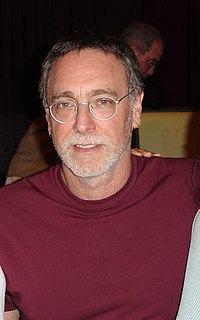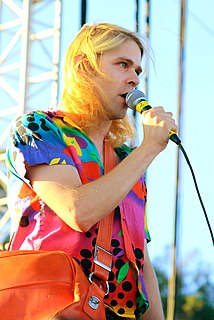A Quote by Frederick Lenz
When we talk about self-realization, we're talking from the point of view of limitation of the mind. Real knowledge is to see that you are that - you are eternity.
Related Quotes
The perspective of eternity is not a perspective from a certain place beyond the world, nor the point of view of a transcendent being; rather it is a certain form of thought and feeling that rational persons can adopt within the world ... Purity of heart, if one could attain it, would be to see clearly and to act with grace and self-command from this point of view.
I discovered for myself and by myself that there is no self to realize -- that's the realization I am talking about. It comes as a shattering blow. It hits you like a thunderbolt. You have invested everything in one basket, self-realization, and, in the end, suddenly you discover that there is no self to discover, no self to realize -- and you say to yourself "What the hell have I been doing all my life?!" That blasts you.
I am not talking to you from the point of view of just wishful thinking, or imaginary craziness. I'm talking to you from a deeper basic understanding - quantum physics really begins to point to this discovery, it says that you can't have a universe without mind entering into it, the mind is actually shaping the very thing that is being perceived.
There are no steps to self-realization. There is nothing gradual about it. It happens suddenly and is irreversible. You rotate into a new dimension, seen from which the previous ones are mere abstractions. Just like on sunrise you see things as they are, so on self-realization you see everything as it is. The world of illusions is left behind.
It's very easy for one talking about violence and hatred for the white man to appeal to [Negro from ghetto]. I have never thought of this, but I think this is quite true, that if, even if you talk to them about nonviolence from a tactical point of view, they can't quite see it because they don't even know they're outnumbered.

































